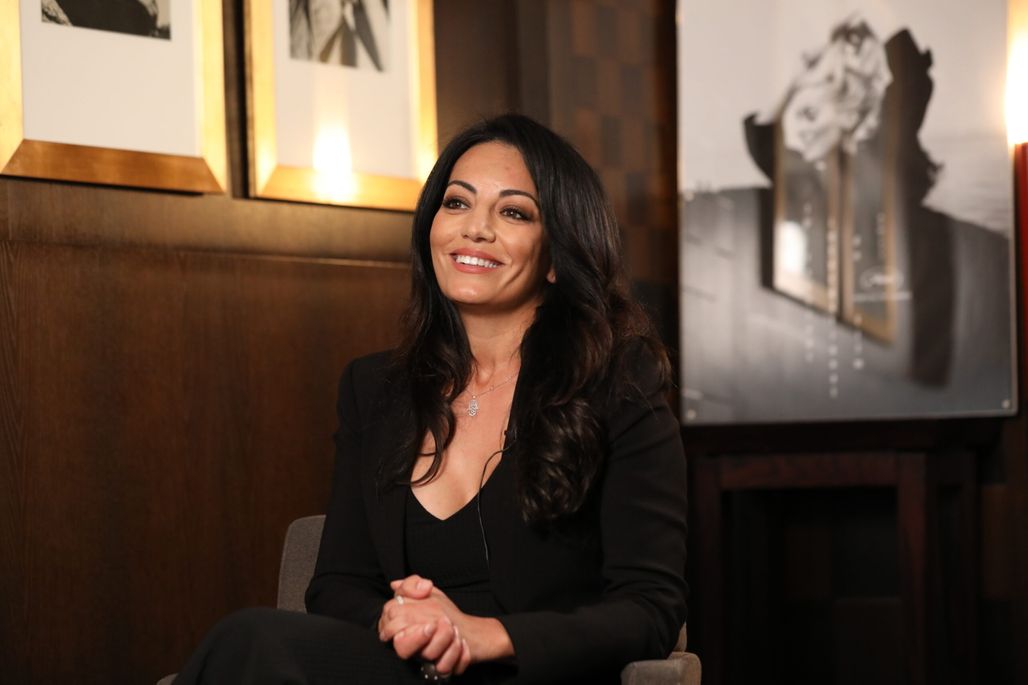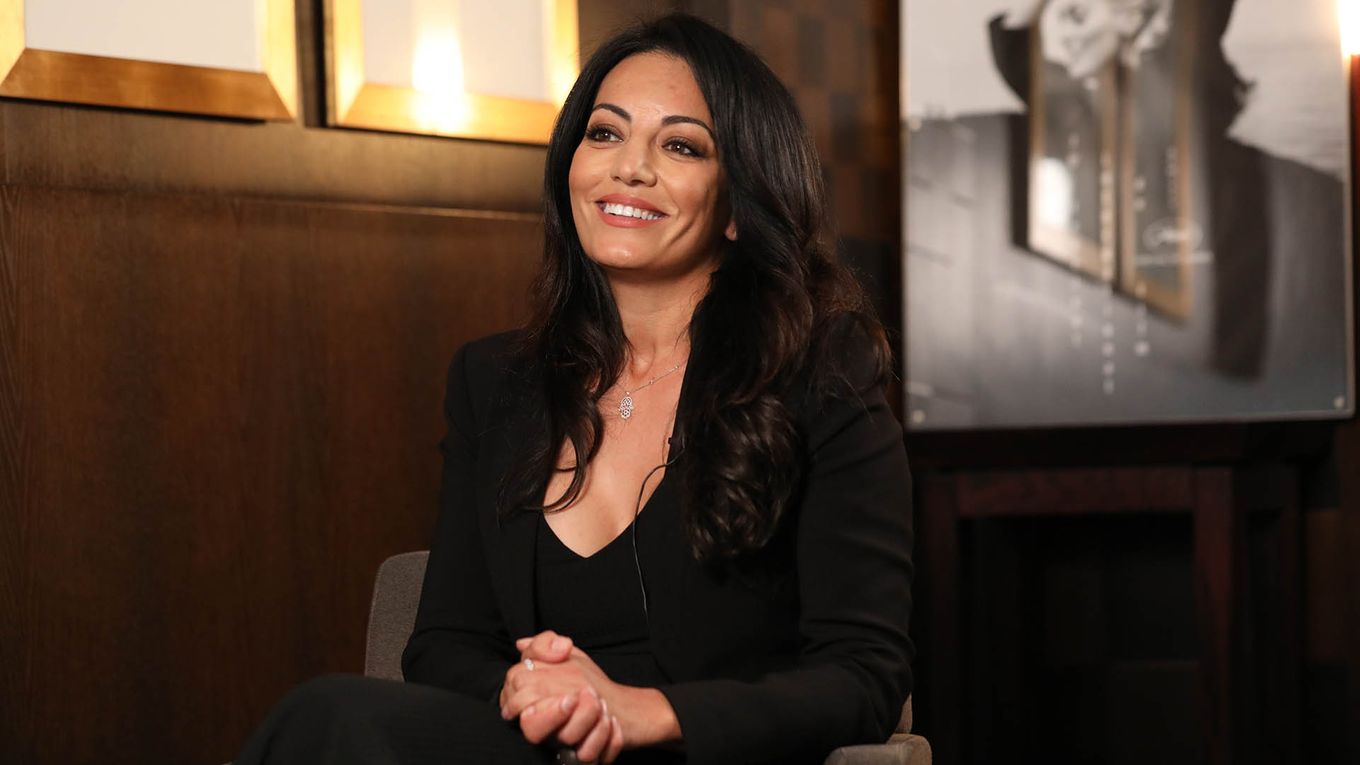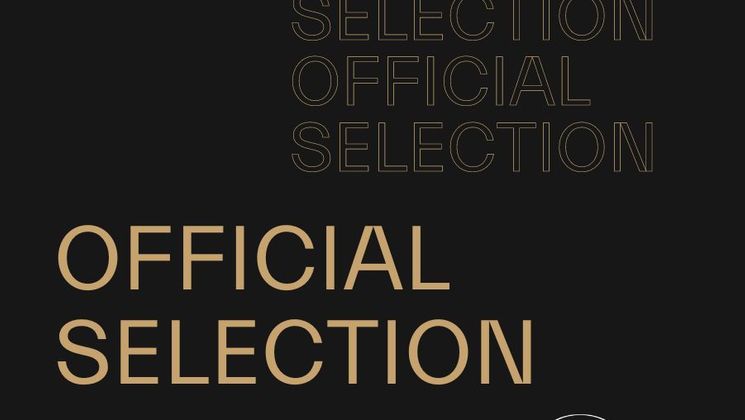
Meet Maryam Touzani, member of the Feature Film Jury

After starting out as a film critic, it didn’t take long for Maryam Touzani to begin making films, directing When They Slept (2011) and Aya Goes to the Beach (2015), two acclaimed shorts that offered up her unique world view. Her first two feature films, Adam (2019) and The Blue Caftan (2022), were selected for Cannes’ Un Certain Regard and pre-selected for the Oscars. Now a member of the Feature Film Jury for this 76th edition, she discusses her creative process.
Every director has a different approach to film-making. What’s yours?
It always starts with an emotion that sparks an urge to write. I never start with a set idea. I make films because there’s something inside me I can no longer keep quiet, something bigger than me. It’s as if characters gradually meet inside me, and stories start to unfold. What I strive for first and foremost is authenticity in my characters and story. My scripts are very heavily written, and the images, textures, colours, sensations and silences are very much present right from the beginning of the process. Exploring what’s human is my passion.
Do your characters write the story?
I let myself be taken over by the characters and I discover them as I go along. I never really know where they will take me and what I will want to explore further through them. Everything comes little by little. And then suddenly there’s the spark that coaxes me into a tunnel of writing. I allow myself to be taken by surprise by the unexpected. It’s a whole experience for me.
What step in the process would you prefer to assign to someone else?
None! I like every stage for different reasons, even if my first true love is writing. It’s a very intense step for me. Writing is something I experience emotionally. I love the prep and scouting stage, too: spending time getting my settings ready, choosing the colours, the textures, the wardrobes… It’s a real pleasure to be able to give myself the time to bring the scenes to life before I film them.
Are you open to the unexpected on set?
Because my scripts are very heavily written, they generally leave little room for improviation, but I’m open to what the set’s location can bring to the film. I like shooting in natural spaces, places that have soul, neighbourhoods where things are interacting. But in terms of the writing and the dialogue, it’s fairly set in stone.
“I like the camera to vanish, closing the distance, so you really get into my characters’ shoes.“
How do you direct your actors?
I like preparing my scenes visually, working on the light with my head technician ahead of time. I like to have that groundwork done. Then I work with the actors to dig into the emotion while filming the scenes. I don’t like feeling it out in rehearsals. We may sometimes rehearse the action, but never the emotion. What matters to me is that the emotion be authentic. A lot of that is down to the dialogue with the actors. Emotion isn’t something that’s fixed, because we’re human. Making movies is also about tapping into everything that the actors can bring to a film.
You’ve examined prostitution, pregnancy out of wedlock and homosexuality, which is illegal in Morocco. What prompted you to tackle on these thorny topics?
What drives me is the human factor. I’m never consciously thinking about things and I don’t think in terms of specific themes to be tackled while I’m making a film. I let myself be carried on the tides of my feelings. These feelings may emerge upon meeting people, or after visiting a place that affects me. Looking back, I realise that the stories that touch me are the ones about marginalised people, the ones we don’t see or hear. I’m driven by a subconscious urge to give them a voice and face. They carry their theme, their truth, around with them, and they’re sometimes full of conflict or contradictions. Generally, these are complex people living in complex societies.
Your style of filming is very soft, gentle: it often contrasts with the theme you tackle…
I like to be as close as possible to my characters. I like the camera to vanish, closing the distance, so you really get into my characters’ shoes. Film is also about experiencing another reality, it’s disappearing to make way for the other, being in their reality so that an intimate connection can form. The films I like are intimate. That might be why I often shut myself away with just a handful of characters. I can feel around for their souls more easily that way. Details are immensely important to me.
What do your films say about Moroccan society?
That it’s a complex society buoyed by a powerful desire for expression, a very unique society. When it comes to women’s issues, there’s an urge to start conversations. We feel a need for things to move forward. It’s a multi-layered society that fascinates me.



